Keywords: Talk
There are more than 200 results, only the first 200 are displayed here.
-
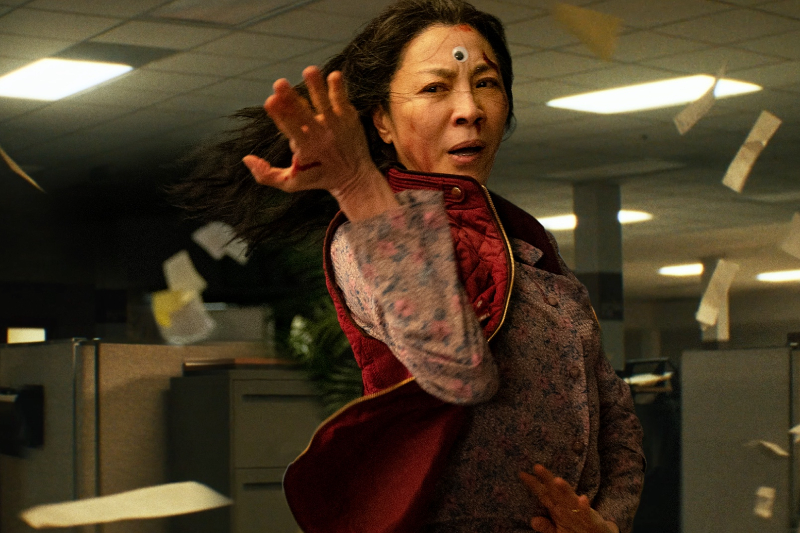
ARTS AND CULTURE
- Cherie Gilmour
- 02 June 2022
1 Comment
At a time when a second baby meant my own choices were fading into the background, I thought a lot about Nora and her life-jumping. What if I’d had kids later? What if I’d finished that degree? What if I’d taken that job? What if, what if, what if… The multiverse casts a web of different lives, all endlessly diverging like branches from a tree.
READ MORE 
-
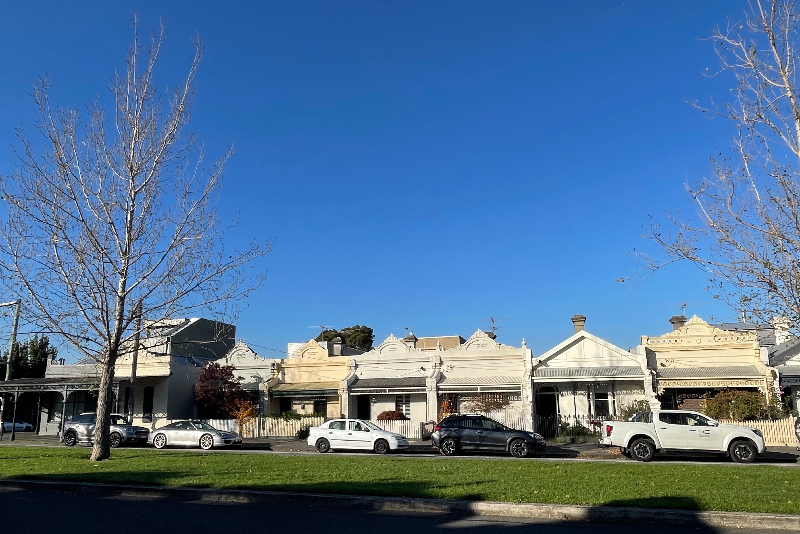
ARTS AND CULTURE
Election day. Mid-afternoon. 21 May 2022. I make my way to Canning Street, Carlton North. Stop by my childhood home, a single-fronted terrace, the neighbourhood of my youth. In the 1950s election day was a happy day in that rented house, conveniently close to the factories of Brunswick, and the Victoria Market where my father was a stallholder. My parents loved the three-block walk to the polling booths, located in Lee Street, our local primary school. They were elated at having the right to vote. From where they came, this right had been brutally taken from them.
READ MORE 
-
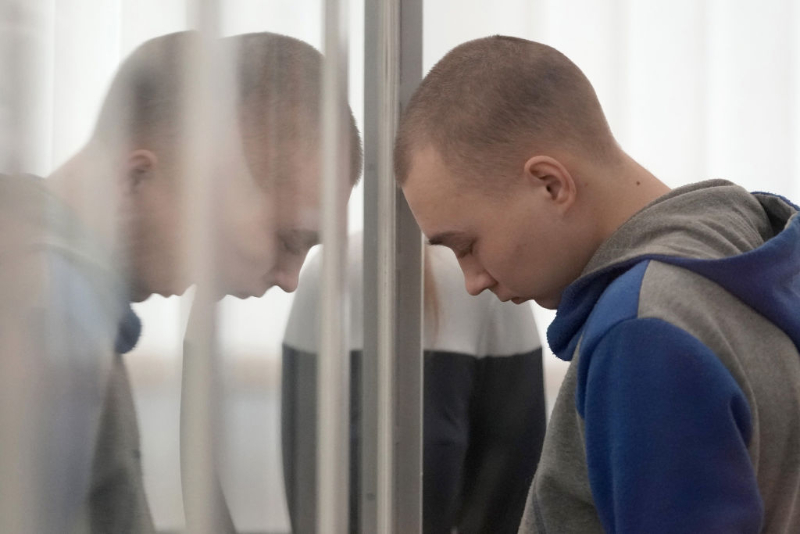
INTERNATIONAL
- Gillian Bouras
- 26 May 2022
14 Comments
In the photo I have just seen Vadim Shishimarin is in the dock, hanging his head. He is 21, but looks about 15 as he stands there in the polycarbonate box, the first Russian soldier to be charged and tried in Ukraine for a war crime. He holds the rank of sergeant and was a tank commander. At 21? (I’m embarrassed to recall how immature I was at 21.) It is likely he has a mother: I wonder how she is feeling right now, but think I can make a good guess.
READ MORE 
-
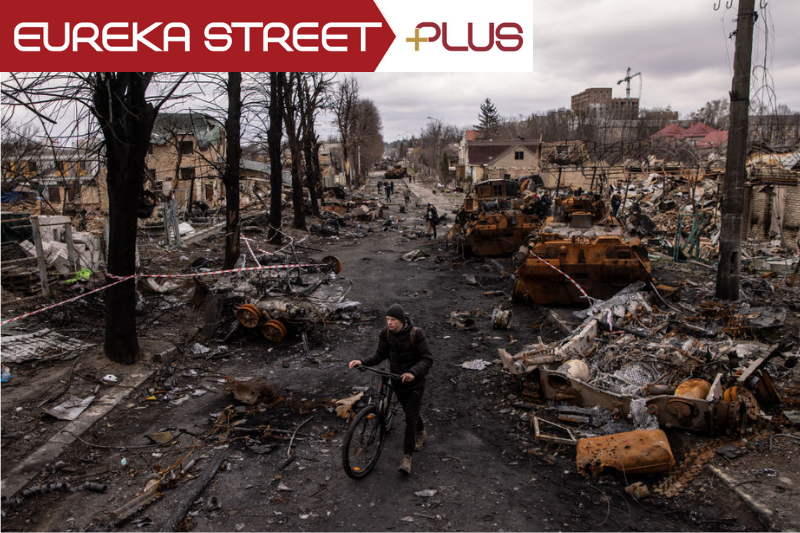
INTERNATIONAL
- Andrew Hamilton, David Halliday, Michele Frankeni, Stewart Braun
- 19 May 2022
5 Comments
We are now three months into the Ukraine war. From an invasion it has turned into a war of attrition that has cost many lives, displaced civilians, destroyed cities, and led to sanctions and the making of alliances with effects that have spread suffering far beyond Ukraine. In this Roundtable, Andrew Hamilton SJ, David Halliday, Michele Frankeni and Dr Stewart Braun explore the ethics of the war and likely paths to peace.
READ MORE 
-
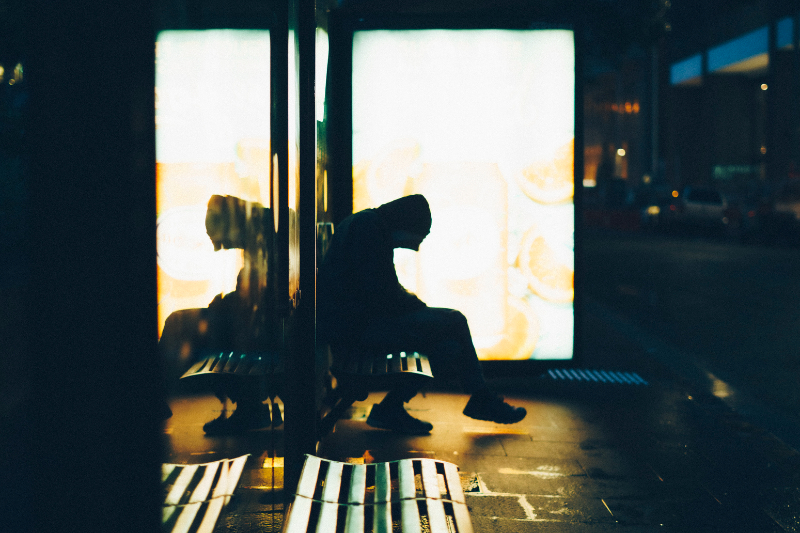
AUSTRALIA
- Sally Parnell
- 18 May 2022
3 Comments
When millions of Australians look back on this Federal Election campaign, they will recall it as one dominated by ‘gotcha’ moments and scare campaigns. Personal attacks, loud and in-your-face advertising campaigns and so-called missteps by politicians have provided countless hours of talkback content. Regrettably, this has taken the focus of too many away from nuanced conversations about the kind of society in which we want to live, and the policies and vision needed to take us there.
READ MORE 
-
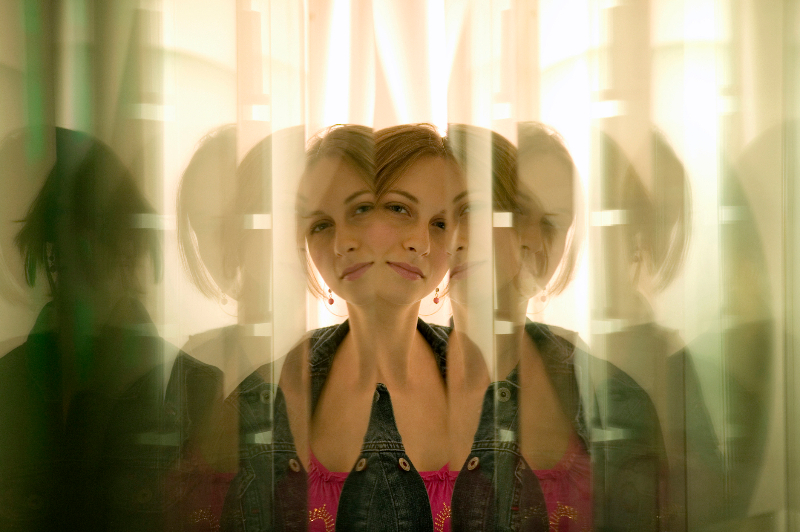
ARTS AND CULTURE
I’d been thinking about my own productivity as an employee, as a freelancer, as a parent; about what left me feeling satisfied, worthy, competent or guilty, unproductive, unfulfilled. I’m convinced we should value people for who they are, not what they do, or don’t or cannot do. And yet I catch myself, thinking about, talking about, how much I have or haven’t done on any given day; forgetting to reflect on how I have behaved, on the kind of parent, wife, colleague, friend that I’ve been.
READ MORE 
-
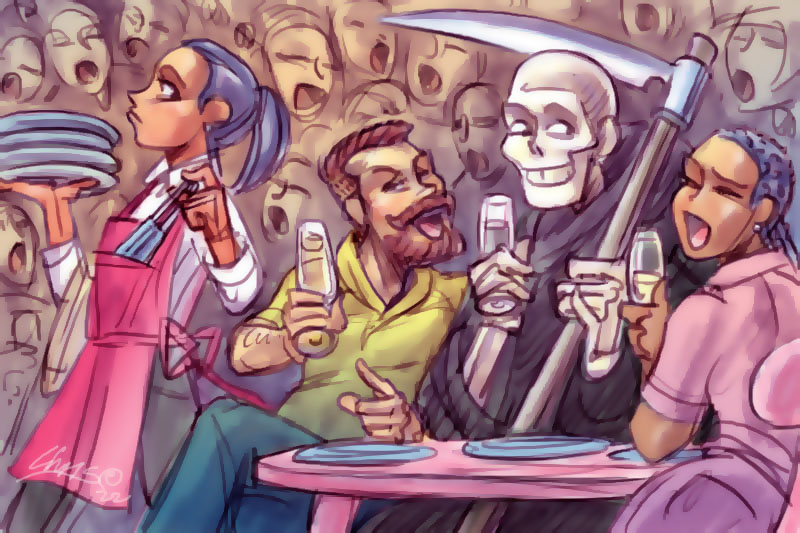
AUSTRALIA
- Angela Costi
- 26 April 2022
1 Comment
We are told by the government and associated authorities that these are times of ‘personal responsibility’. This is undoubtedly a major transition from the heavy regulated existence not that long ago when the collective good outweighed individualism. Juxtaposed with this ‘forging forth’ expectation is the significant, if not alarming, increase in infection rates.
READ MORE 
-
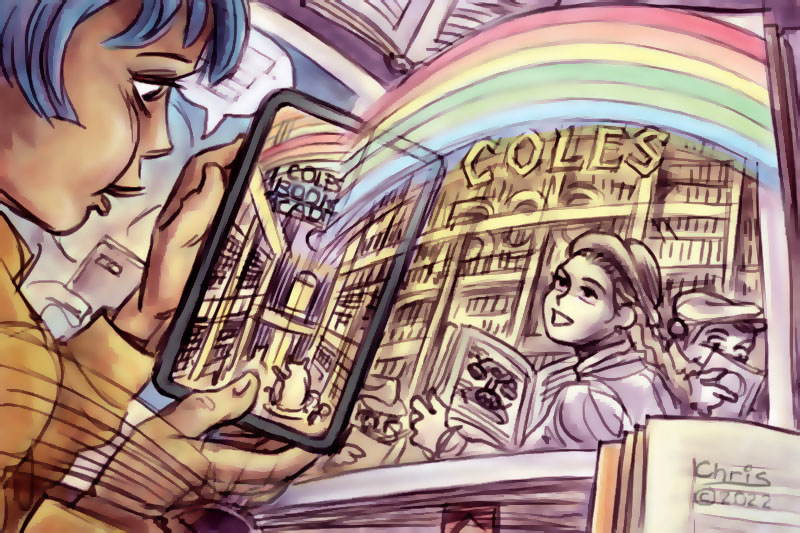
ARTS AND CULTURE
- Cherie Gilmour
- 19 April 2022
6 Comments
Edward Cole understood that books encouraged community. The businessman could rub shoulders with the tramp in his Arcade. Now, in an age of division and isolation, more than ever we need spaces which facilitate community; light-filled cathedrals dedicated to the love of knowledge and stories, and their power to cross borders, politically, ideologically and culturally.
READ MORE 
-
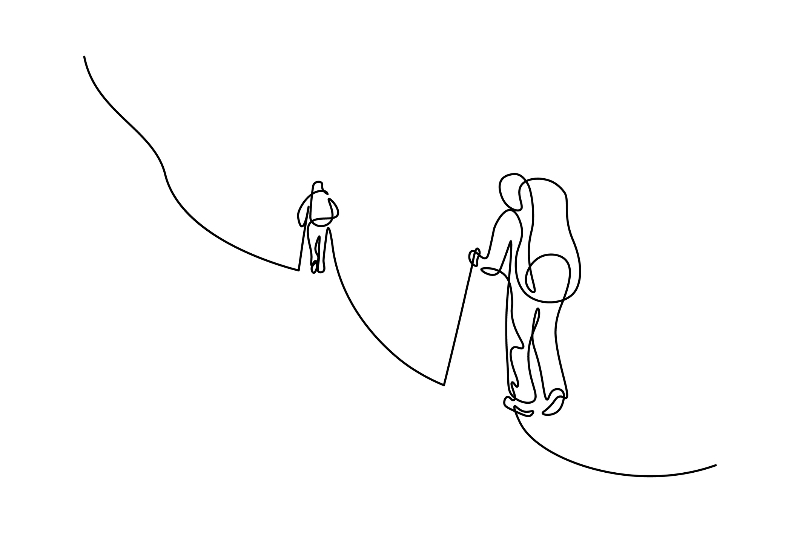
RELIGION
- Barry Gittins
- 14 April 2022
10 Comments
As a kid, all I wanted was answers. As soon as I’d get one, I’d chase the next. Nowadays, I’m happy with holding onto questions. Rephrasing, examining, thinking. The answers I have don’t always add up, and my mania for meaning, for definitive proof, is abating. I am increasingly aware that all of us, regardless of creed, creditworthiness, consciousness or credentials, lack definitive answers to life’s mysteries.
READ MORE 
-
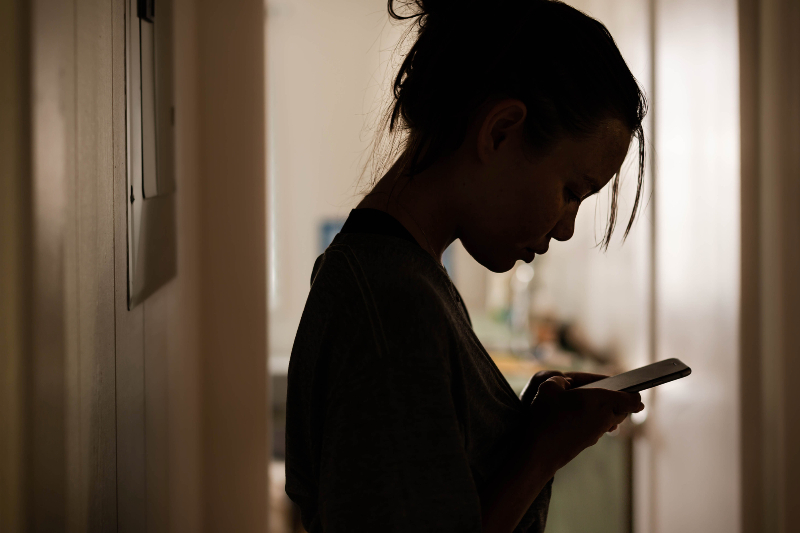
ARTS AND CULTURE
- Cherie Gilmour
- 29 March 2022
13 Comments
A house bursts into flames as it’s submerged in floodwaters. A doctor tells a cameraman filming a dying Ukrainian child to send the footage to Putin. A newspaper delves into the murder of a young woman. It’s like a fever dream: a pandemic bleeds into the edges of a global war. The news presents information, and it has no moral duty to tell us how we should feel about it or help us untangle the knot of feelings which emerge.
READ MORE 
-
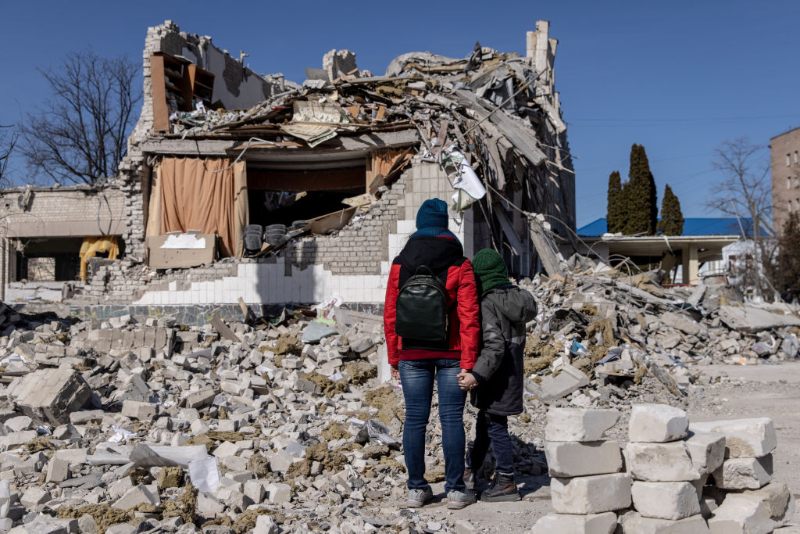
INTERNATIONAL
- Dorothy Horsfield
- 22 March 2022
8 Comments
Moscow-based Director of the Russian International Affairs Council (RIAC)Dr Andrei Kortunov warned of its tragic consequences for Russia in an article published four days before the launch of his country’s invasion of Ukraine. The de facto partition of Ukraine, he said, as a result of the Kremlin’s recognition of the independence of the People’s Republics of Donetsk and Luhansk, will signify ‘the final formalisation of the division of Europe’ from which there may be no easy retreat.
READ MORE 
-
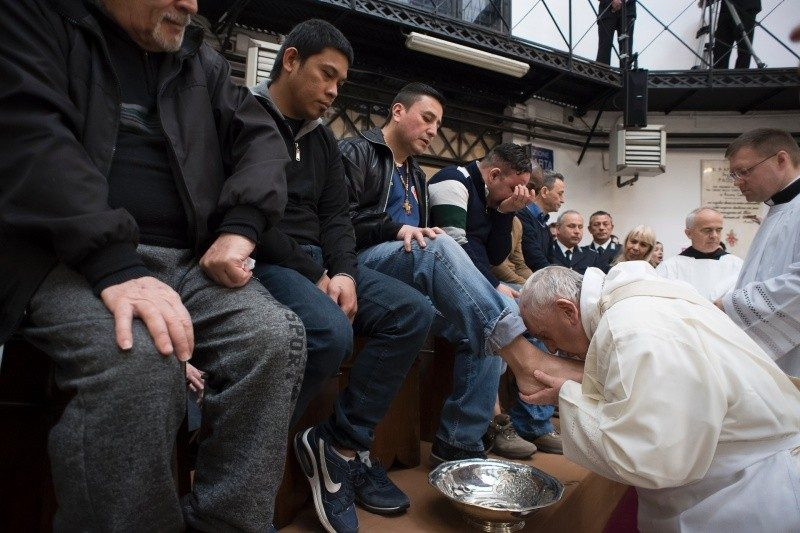
RELIGION
- Anne Benjamin
- 24 February 2022
25 Comments
The call to synodality is a call to convert, reform and renew the church’s organisational culture. New cultures do not emerge automatically. It is not about turning upside down the present pyramid structure of the church with a clerical hierarchy at the top and the faithful on the bottom. The church is not a political democracy, but a ‘holy people’ whose mission is to make God and Jesus present and, in a sense, visible to our world.
READ MORE 